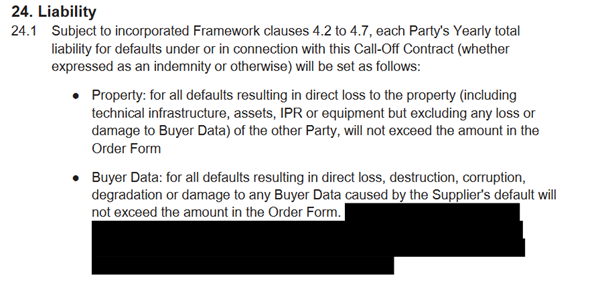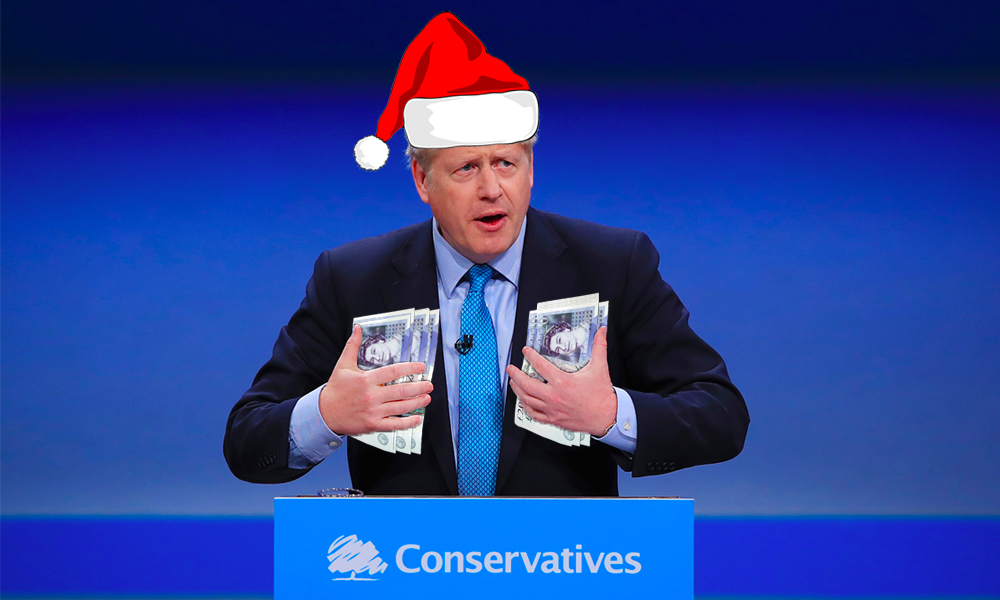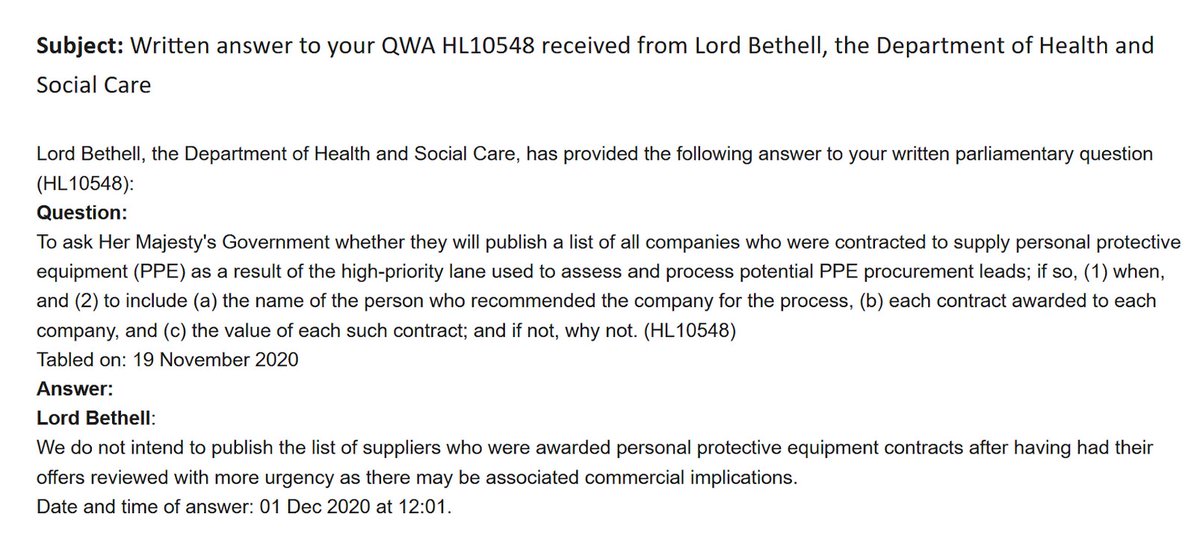
Did you catch our thread on the expanding reach of US company Palantir into UK public institutions? £91m+ awarded to the controversial Silicon Valley data-analytics outfit across government. Let's take a look at their work with the British Police…
https://twitter.com/allthecitizens/status/1346883463853592584
Between 2014-15 Palantir were 1 of 3 companies trialled by Met police to use an algorithm to consolidate crime data “subject to local interpretation” by police officers, along with PredPol and Azavea.
london.gov.uk/questions/syst…

london.gov.uk/questions/syst…


This trial was before Data Protection Impact Assessment became a requirement, so it’s not known what information was processed, and it took an FOI from @NoTech4Tyrants to even reveal this.
whatdotheyknow.com/request/palant…
whatdotheyknow.com/request/palant…
In 2019, the BBC reported that at least 14 constabularies in the UK are known to have employed predictive policing software run by companies like IBM, Microsoft, PredPol, and Palantir.
bbc.co.uk/news/technolog…
bbc.co.uk/news/technolog…
In the US Palantir predictive policing software has been implemented by a number of police departments, notably in New Orleans and by the LAPD, combining datasets in order to map and track criminal activity, surveilling specific people and neighbourhoods.
buzzfeednews.com/article/caroli…
buzzfeednews.com/article/caroli…
Predictive policing has raised a number of concerns. Some fear it reinforces police bias and leads to increased police scrutiny in certain areas based on the racial or ethic prejudices of officers:
theintercept.com/2018/05/11/pre…
theintercept.com/2018/05/11/pre…

LAPD worked with Palantir to create “chronic offender scores” for repeat offenders, leading to individuals being policed based on historic small infractions, such as traffic violations or stop and searches. This led to an increase in targeted individuals being stopped in future.
Of concern too is that, for years, many of these programmes operated in secret, often without even local council members being aware of their existence. It appears the same could now be true in the UK.
theverge.com/2018/2/27/1705…
theverge.com/2018/2/27/1705…
@allthecitizens found that the Met trial may not be the only time Palantir has been working with UK police. East Northamptonshire rejected our FOI regarding contracts relating to Palantir under the Section 31 ‘law enforcement’ exemption. 

This likely refers to a “Transform Police” (T-Police) initiative operated by Northamptonshire, Cheshire, Norfolk, Suffolk Constabularies and the Met, that delivers “intelligence, data integration and situational awareness through Palantir technology”.
capgemini.com/gb-en/service/…


capgemini.com/gb-en/service/…



The initiative seems ostensibly to be a partnership between police forces and tech consultancy Cap Gemini, deploying Palantir technology, “helping intelligence, defence and law enforcement agencies optimize the management and analysis of real data” 

Palantir and Cap Gemini make no secret of working with one another, and have done so since at least 2010. But details of their cross-Police initiative wasn’t released under Freedom of Information.
capgemini.com/news/capgemini…
capgemini.com/news/capgemini…
It’s unclear how many constabularies have bought Palantir’s IT help. A promotional video for Cap Gemini/Palantir’s T-Police system states “the technology is designed, it’s live, we’re merely adding more customers to the service that we already provide”
Palantir are also “retained on previous plan” under the Digital Policing IT Capital Programme 2016-21, although it’s unclear what role they may still have with the Met, and though the archived version of this document is available, it’s been removed from the Met Police website. 



Palantir were also reportedly involved in a surveillance project with the Police / City of London in 2012, employed to undertake intelligence gathering during that year’s Olympic Games.
wired.co.uk/article/joinin…
wired.co.uk/article/joinin…
Palantir have maintained engagement with high profile members of the force, meeting with them or hosting events between 2018-2019, including with Cressida Dick and Lancashire Asst. Chief Tim Jacques, and with Mayor's Office for Policing and Crime (MOPAC) going as far back as 2014 







What predictive policing work Palantir has undertaken for UK forces remains unclear, but their US and European work could give an indication of the sort of things we might see implemented.
edri.org/our-work/new-l…
edri.org/our-work/new-l…
Palantir UK built sophisticated software for Danish Intelligence Forces (PET) and Police (POL) in the wake of the 2015 Copenhagen terror attacks. The systems could access OS and police databases, social media data, and included hotspot and pattern analysis, and more. 



Whatever the true extent of Palantir’s involvement with British law enforcement is - AI, facial recognition, or predictive policing initiatives - the public should know.
If these are systems designed to keep us safe, why the lack of transparency?
If these are systems designed to keep us safe, why the lack of transparency?
• • •
Missing some Tweet in this thread? You can try to
force a refresh










